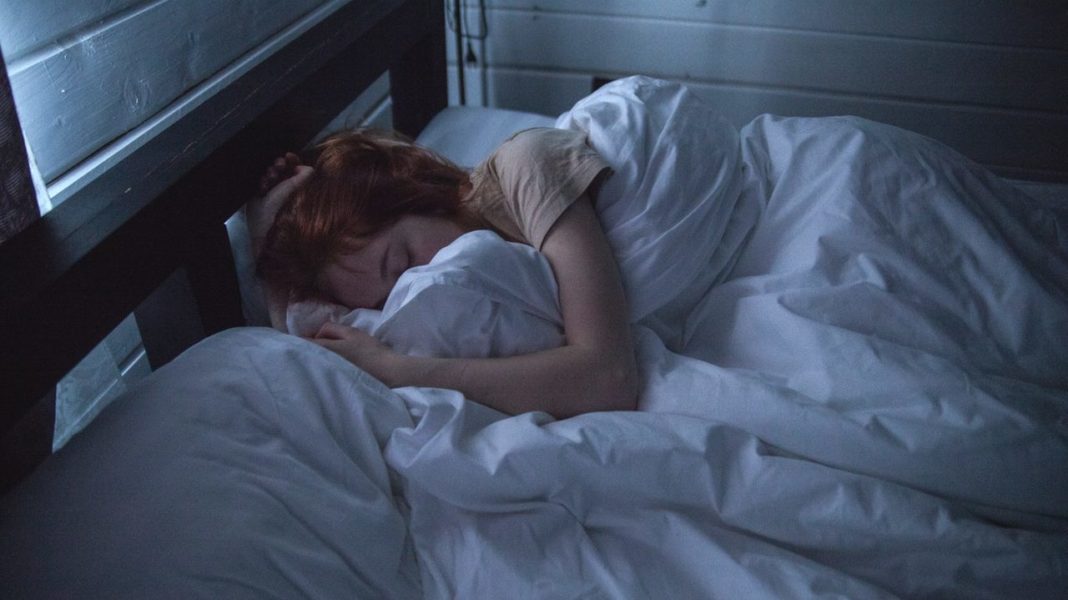There are many things we do wrong in life, and a major mistake is not having a proper sleep schedule. Whether you are always jet-lagged, partying all night, staying up to study, or just pulling all-nighters very often, you are damaging your physical and mental health. A good night’s sleep does more for you than just recover your body. It is a natural repairing cycle that is synced with the orbiting of the moon and the Sun. You might have noticed your energy going up as the Sun rises, and then reducing as the night approaches i.e. the Sunsets.
Long before clocks were even created, mankind knew when to sleep or wake up due to this naturally present sleep clock set inside us. In fact, going against this clock can mess up with your hormonal balance and biological systems.
Why do we sleep?
Before we learn the importance of a sleep schedule, let us first decide why sleep is important in the first place. What happens if you don’t sleep enough, or don’t sleep at all, or sleep with irregular patterns?
In 1965, Randy Gardner, a teenage boy, experimented on himself to see how far he can go without sleeping at all. He did not sleep for almost 12 days, and this duration is the longest anyone in the world has been constantly awake. While this self-torture experiment got his name as the record holder for staying awake so long, he found himself in a miserable state with the inability to speak properly, think properly, or even act normally.
Moreover, a various scientist has experimented to see how important sleep is for you, and what sleep deprivation can do to you. Surprisingly, when some dogs were kept awake to see the effects of not sleeping at all, the dogs died in a matter of days. That is how brutal sleeplessness can be.
In fact, not getting enough sleep for longer periods of time is known to be a common cause of mental health problems like psychosis, anxiety, hallucinations, and more.
Your body’s rhythm – The Circadian Rhythm
Your body is in tune with nature. This tune is called the Circadian Rhythm which is basically your internal clock. This internal or biological clock senses the light around you and signals your mind to wake up, feel drowsy, or sleep.
It has been found by extensive and numerous research studies that people who have an irregular sleeping pattern are more prone to memory loss, cognitive problems, mood swings, headaches, and more. An irregular sleeping pattern basically means that:
- You sleep at 8 PM one day, and then at 1 AM the next.
- You sleep all day, and stay up all night.
- You sleep for less than the average required time i.e. 8 hours, so your body does not heal properly.
- You do not sleep at all.
- You sleep for more than 9 hours.
- You sleep very late; the best time to sleep is 10 PM to 4 AM according to your Circadian rhythm because your body grows, repairs, and develops the best in this time.
It is okay if you find yourself stuck in an inconsistent pattern; change now. It is never too late to give up on a bad habit or an unhealthy routine.
How to make a consistent sleep routine?
Everyone’s routines and daily activities are different. Maybe your shift at work ends at 10 PM four days of the week, and starts at 6 AM the other three days of the week. It is not practically possible to ALWAYS sleep at the same time every night, which is why you should prepare a sleep routine tailor-made for you.
On days that your shift ends later at night, sleep later (but no later than 12 AM) and wake up at 8 AM the next morning. That way, despite sleeping a little late, you had a proper night’s sleep of 8 hours, and by waking up at 8 AM instead of sleeping till noon, you ensure that you will be able to sleep on time the next night.
Similarly, if you have to wake up early the next morning, sleep at 10 AM which is the ideal time to get in bed. Obviously, these are just instances and you will need to prepare a proper timetable for yourself according to your routine.
You need to sleep on time to be able to function at your maximum potential every day, physically and mentally. The more you miss your night’s sleep, the worse your biological clock gets with time and eventually deteriorates your health. The organs of your body need to work harder than usual when you don’t sleep enough. There is more strain on your eyes, brain, and heart to maintain your body’s functions, hence, stop torturing yourself and live a healthy life.



